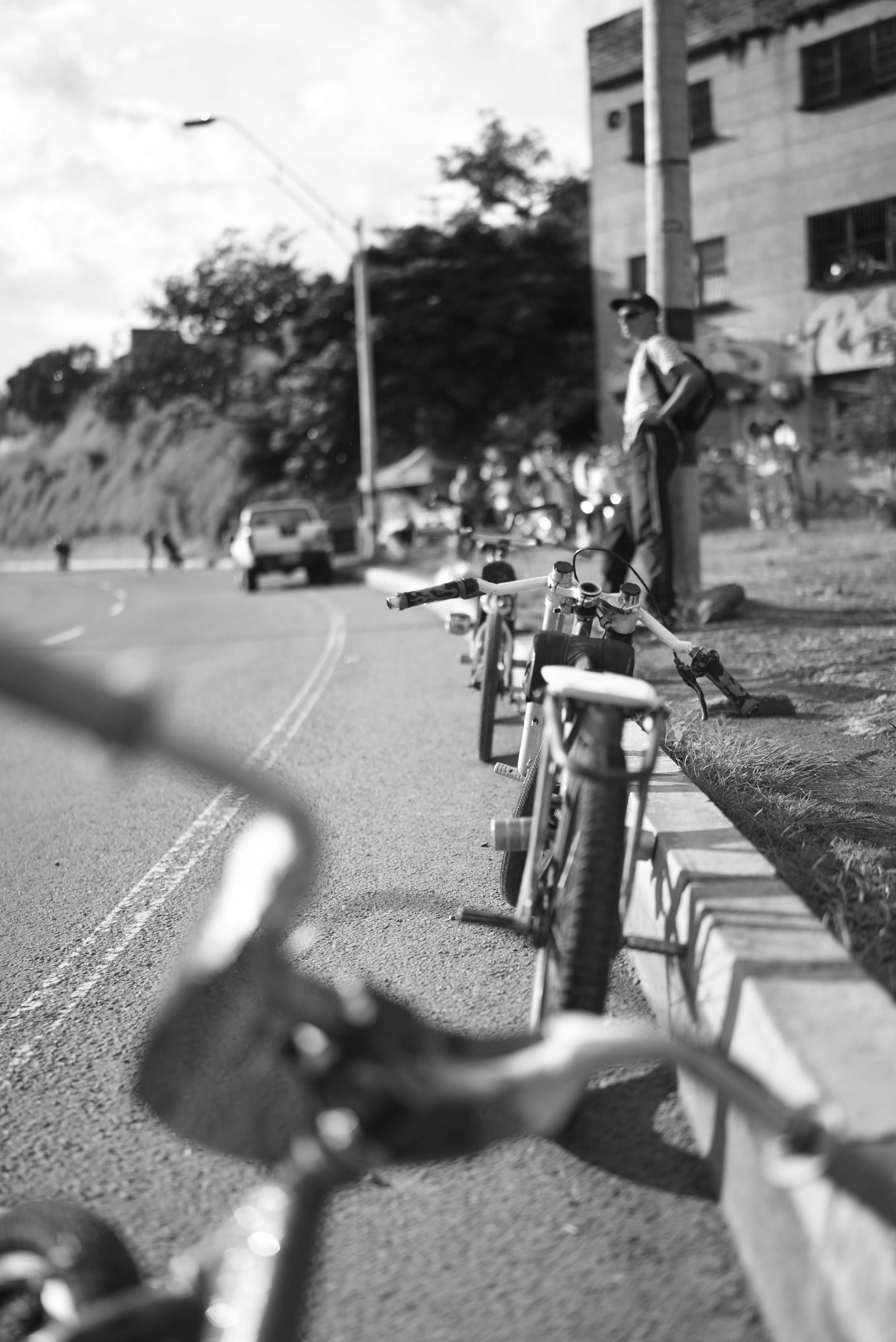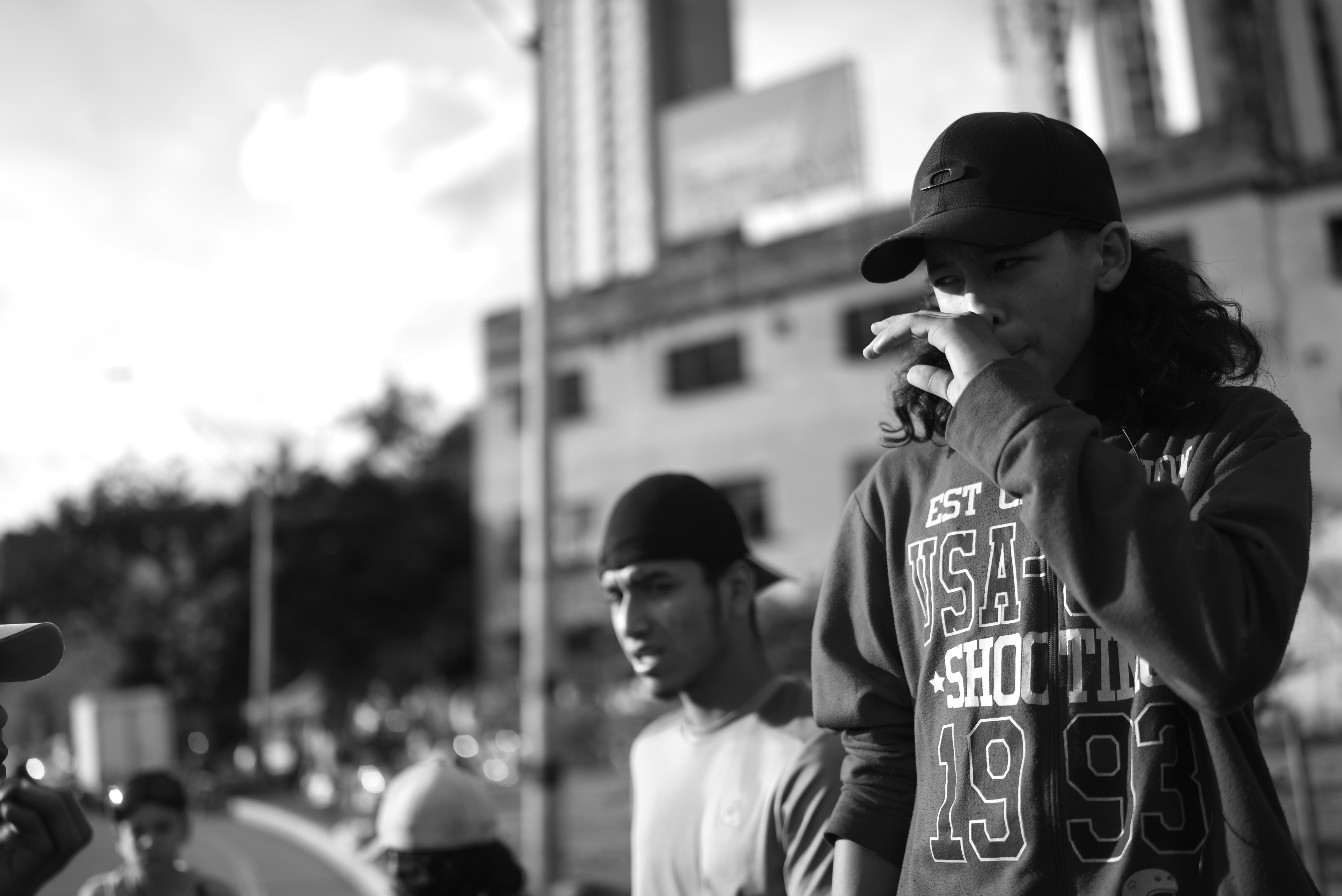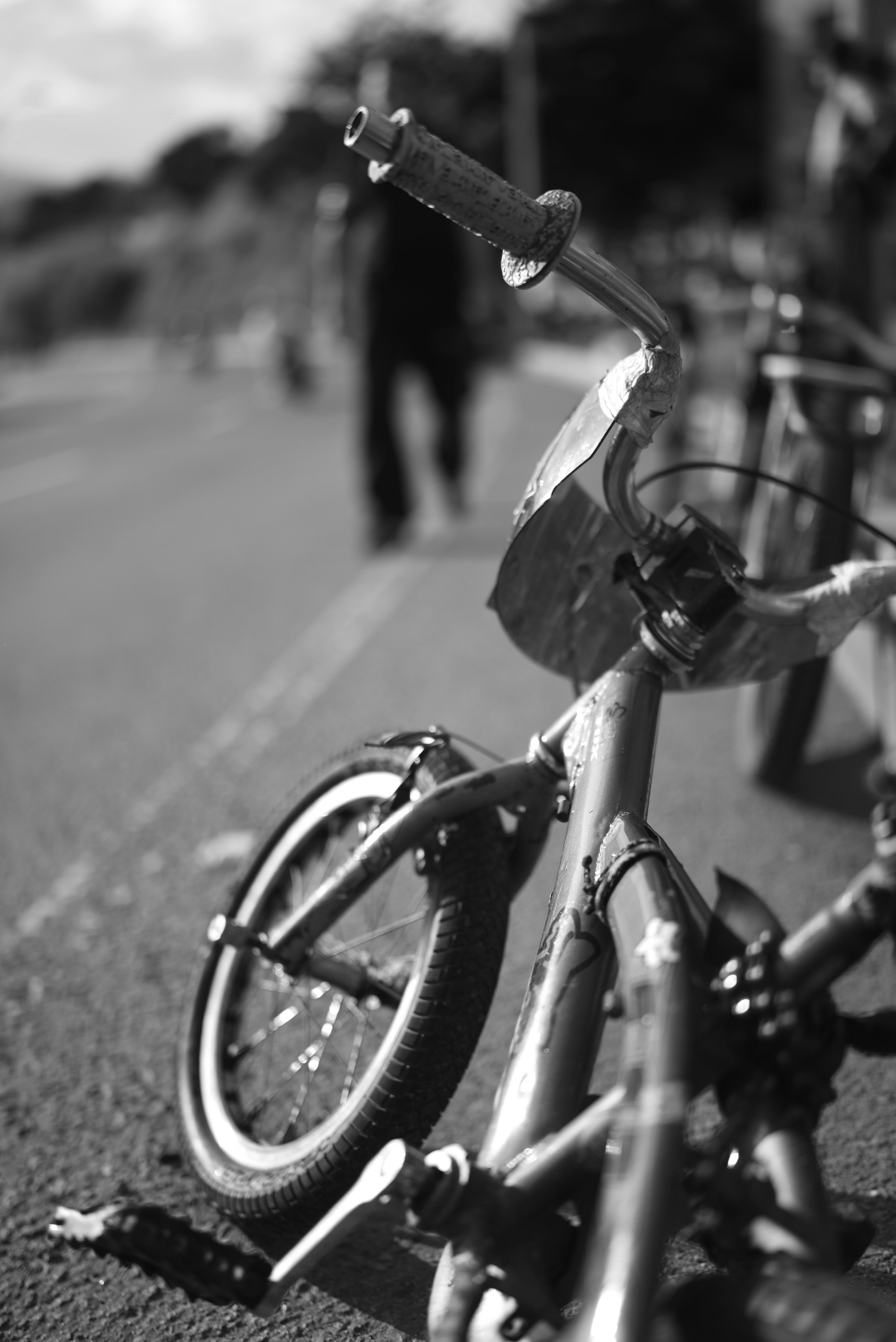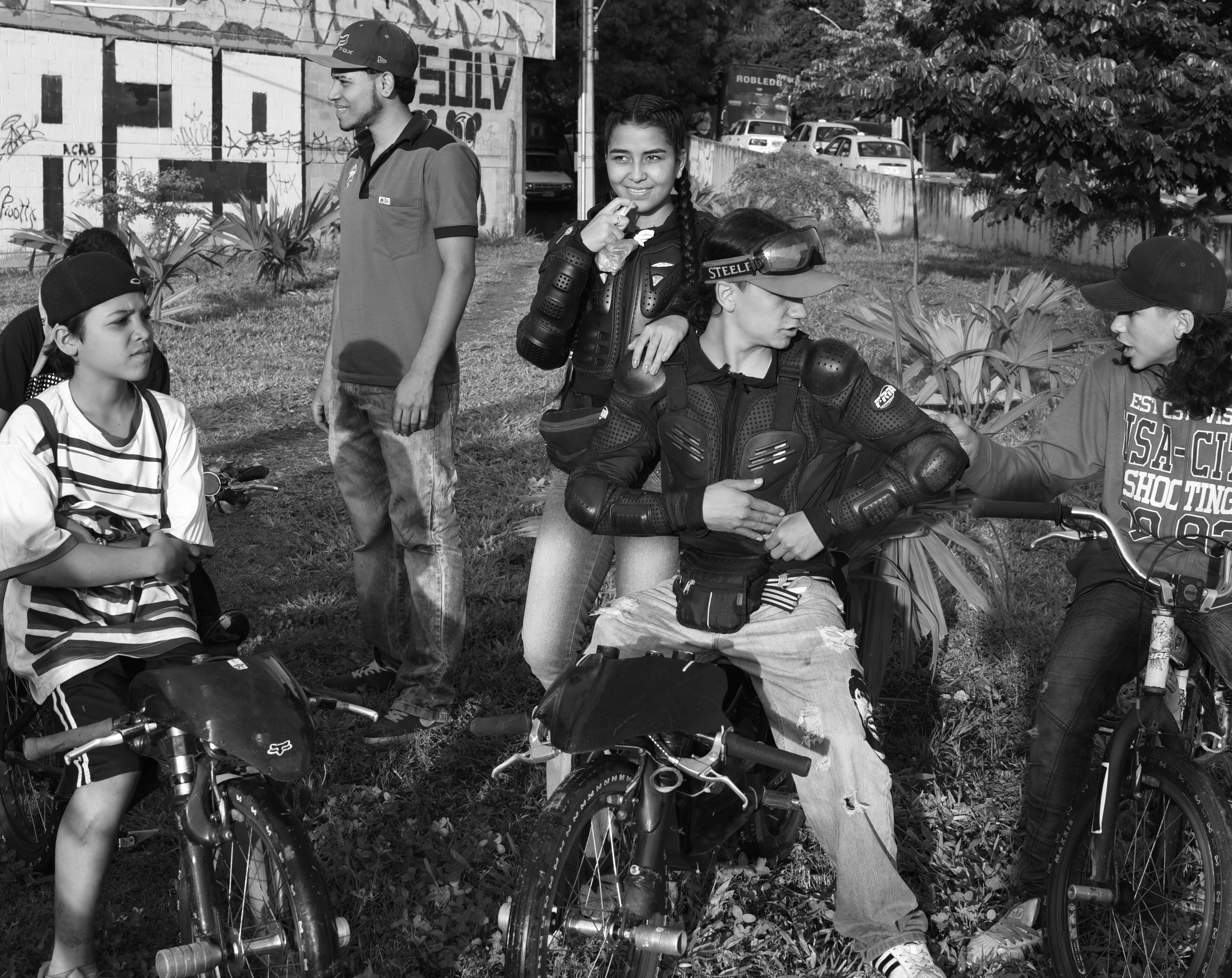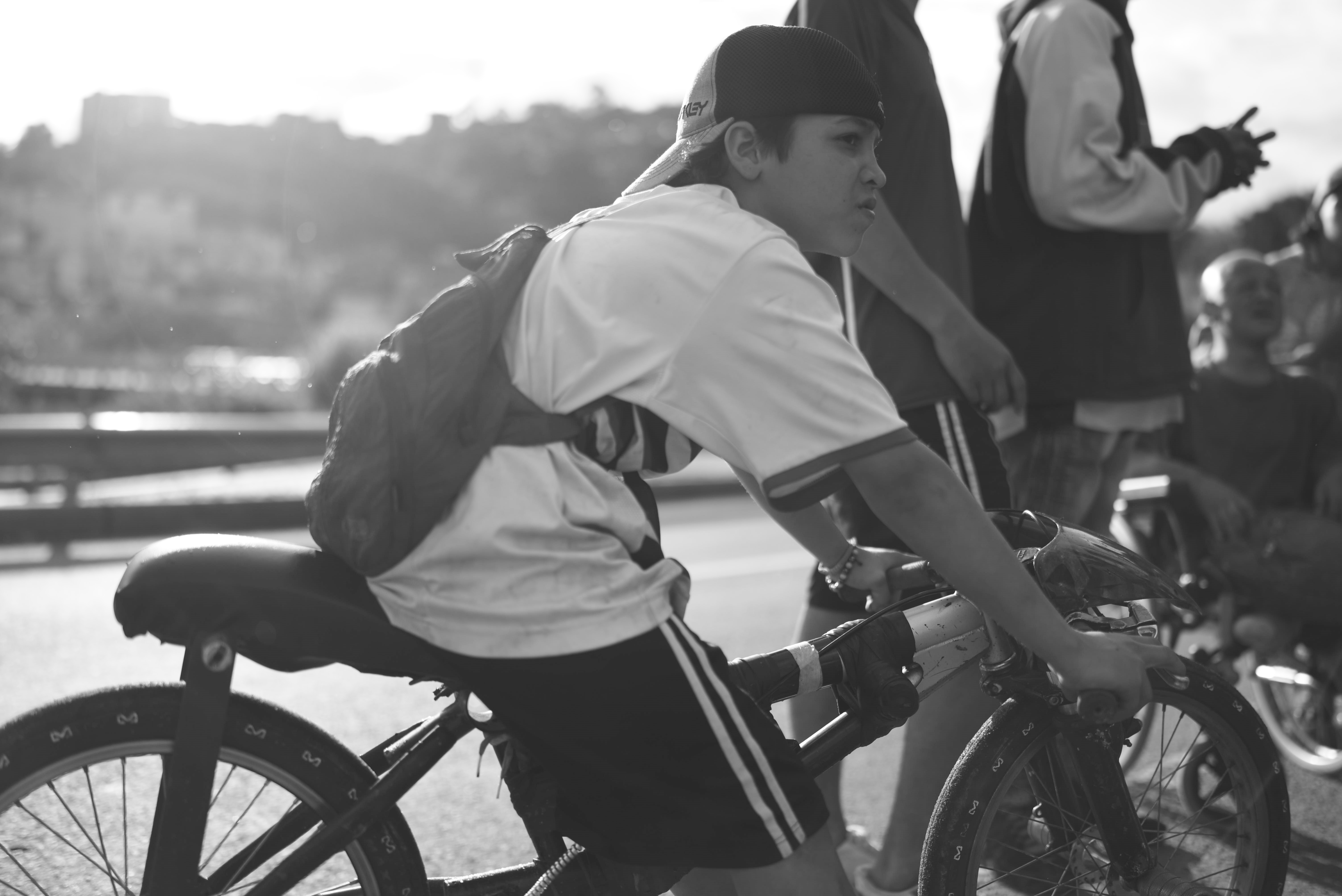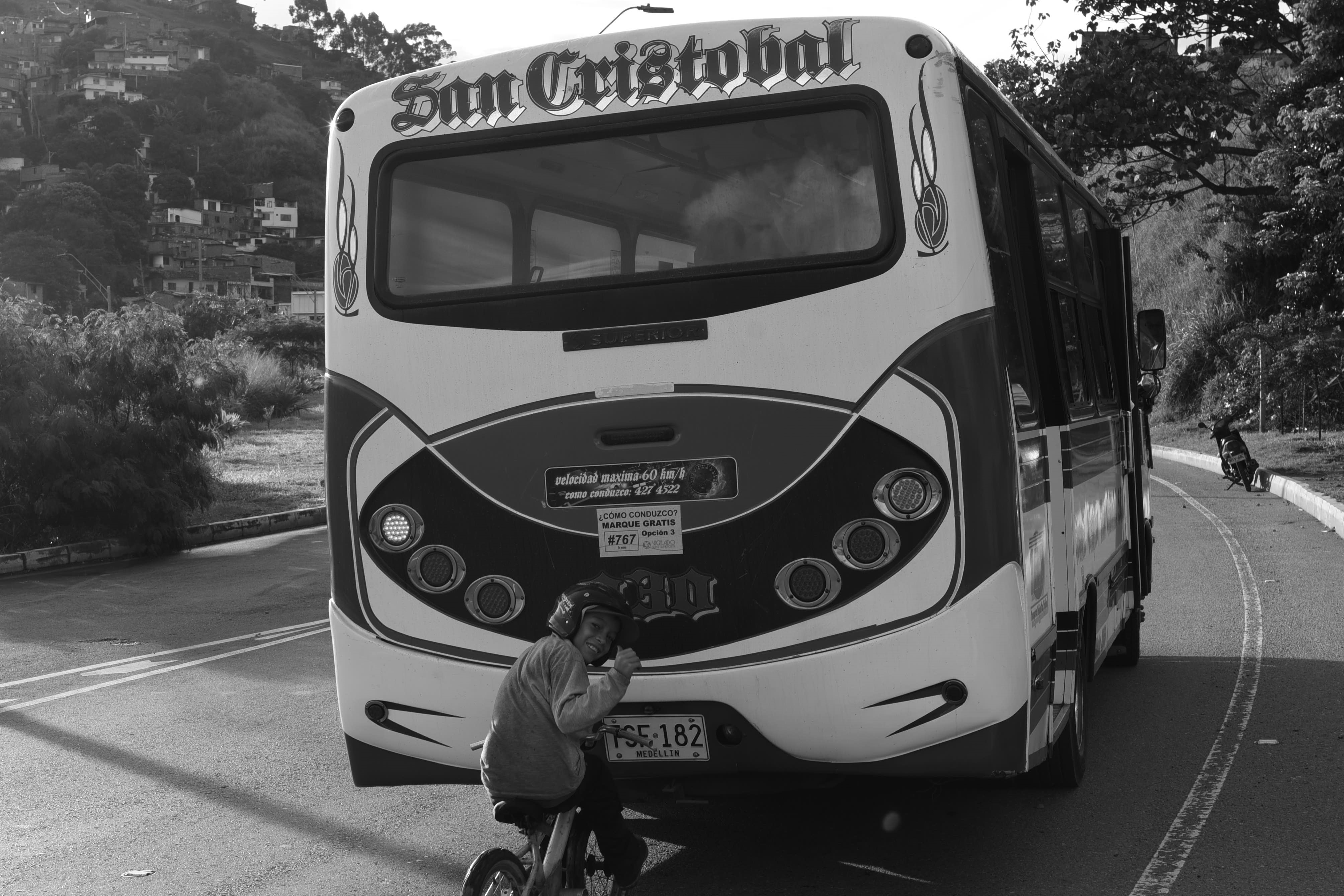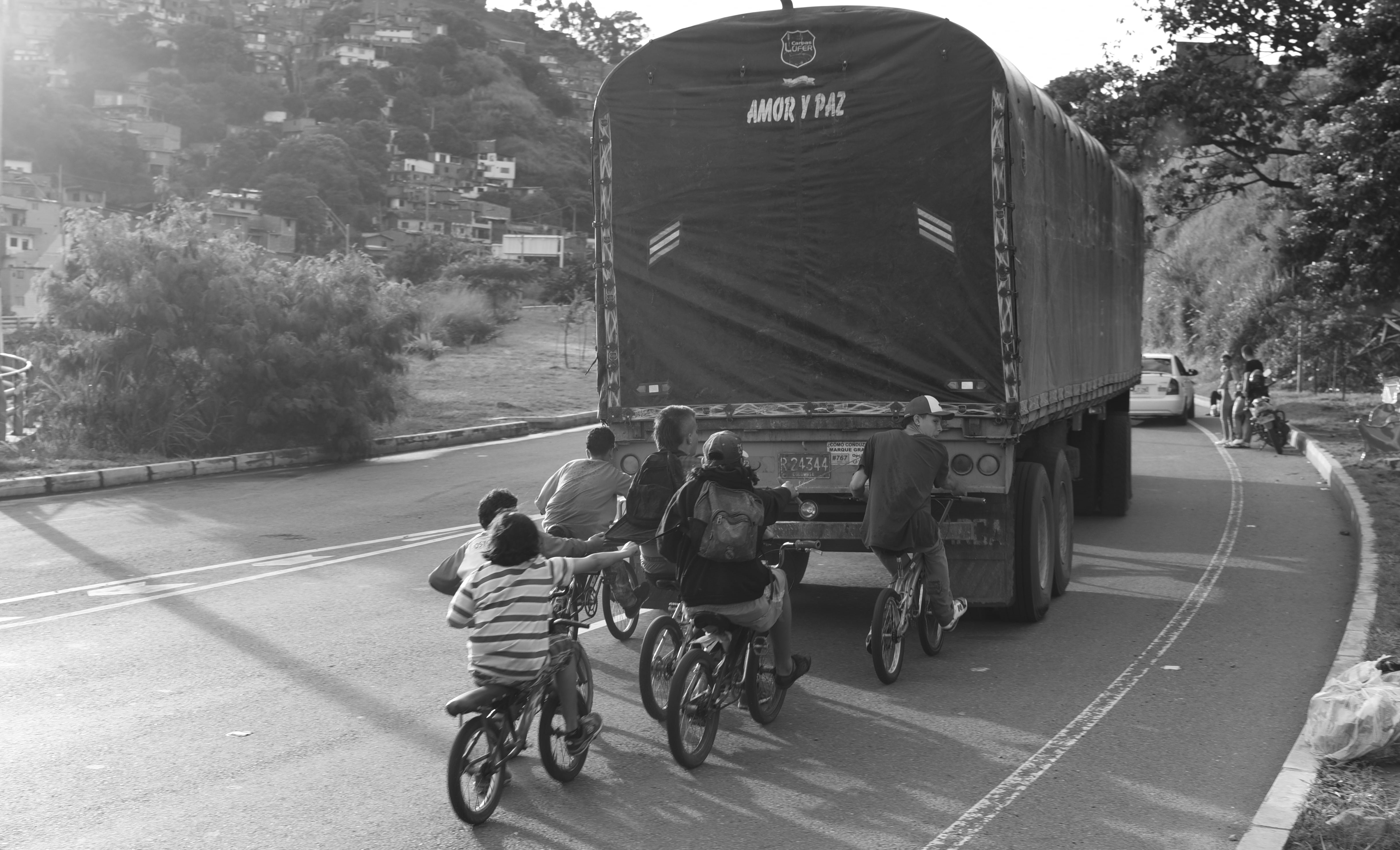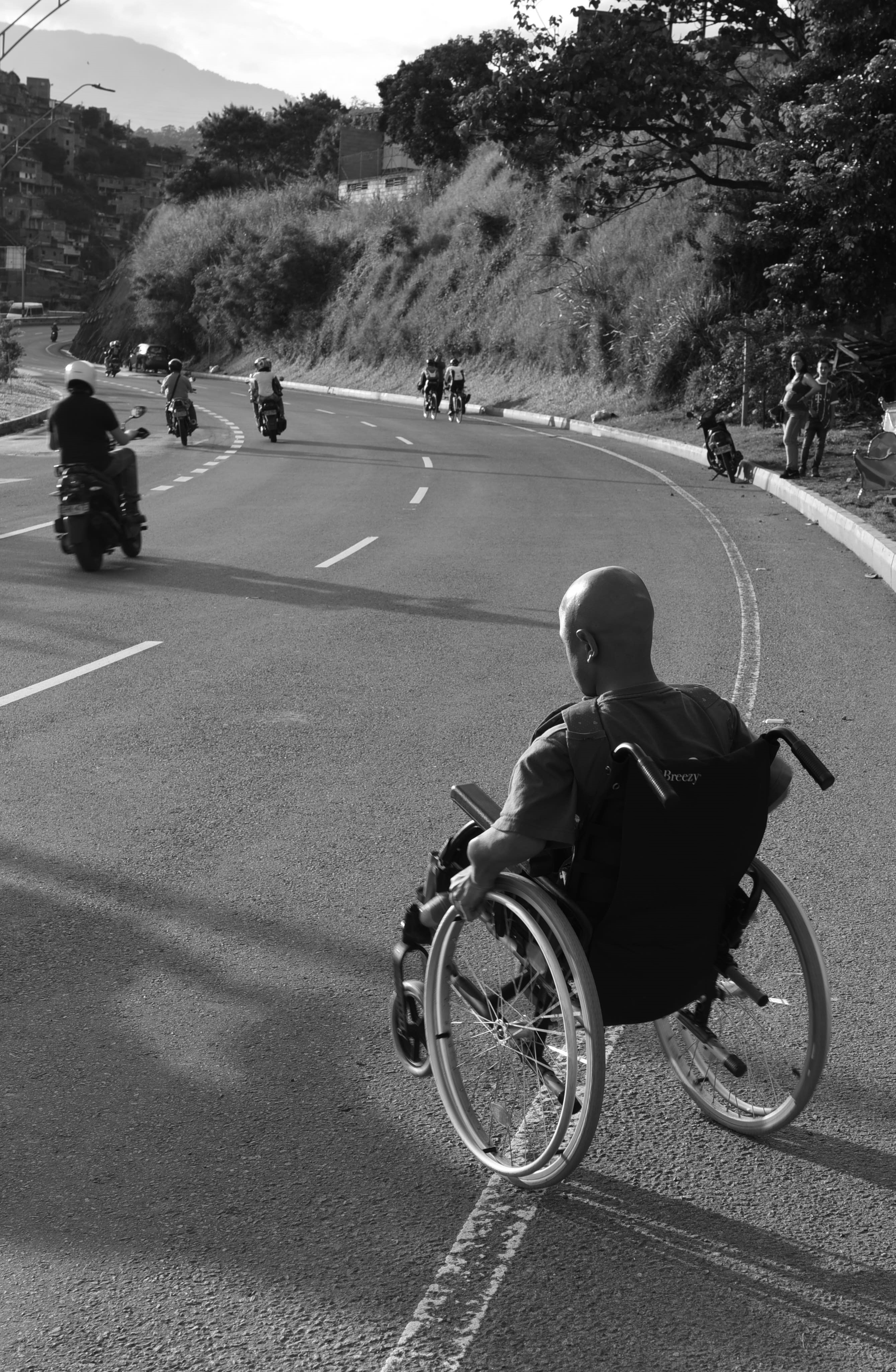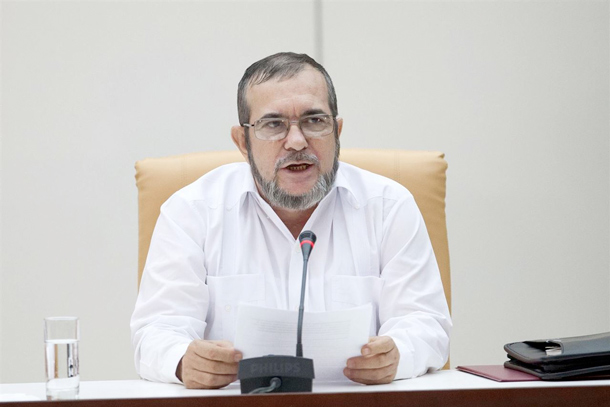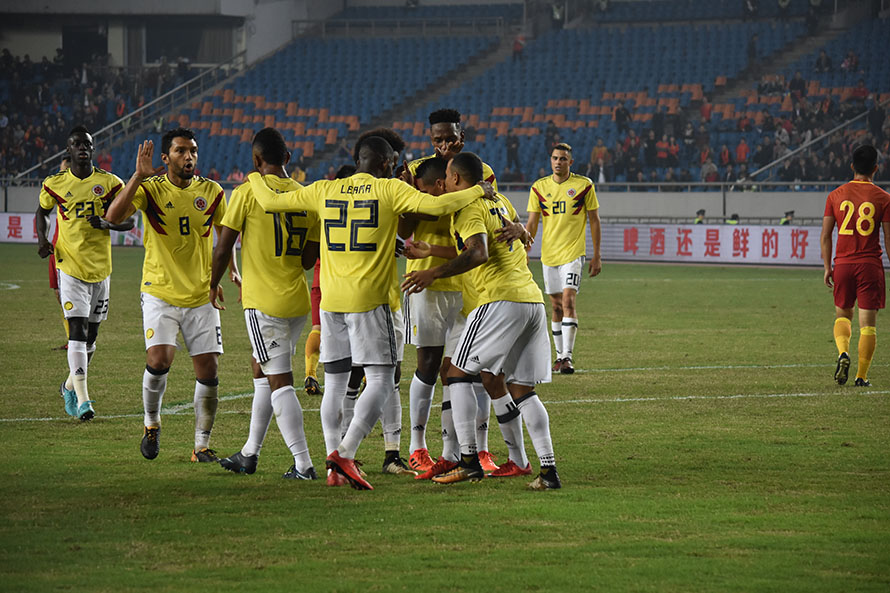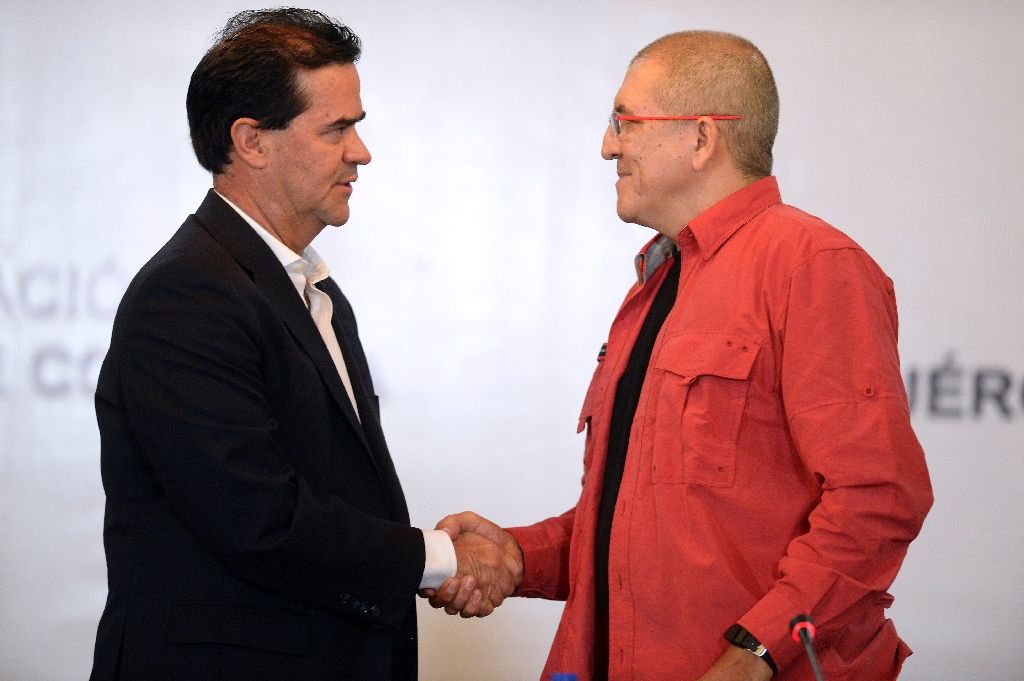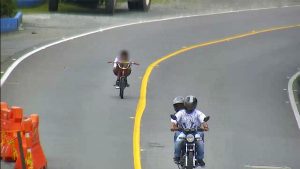
Image courtesy of Alcaldia La Ceja
The small town of La Ceja in Eastern Antioquia has banned gravity bike, a sport where cyclists hurtle headfirst at breakneck speeds down steep inclined roads. In 2017, three children lost their lives practicing the sport and a further fifteen were seriously injured which prompted the local council, Alcaldia La Ceja, to ban the practice outright.
The ban was put into effect last week by mayor of La Ceja, Elkin Ospina, and the decree allows the seizure of bikes that have had their handlebars modified for greater ease of maneuvering around sharp curves. “Given the grave danger, the decision was made to prohibit the circulation of bicycles modified by hand for this sport throughout the Cejeño territory,” a statement by Alcaldia La Ceja read.
In addition to the confiscation of modified bikes, the council will also impose fines ranging from USD$37 to $138.
La Ceja is a town 40km southeast of Medellín. It has a population of just over 50,000 and has the most number of bikes per person in the country. The town is the first to ban the sport and the results will be followed closely by other councils throughout the country that may take similar measures in the name of public safety. In addition to the ban, the council also organised a ‘Cycle at Night’ event to raise awareness of safety on bicycles to coincide with World Bicycle Day on April 19.
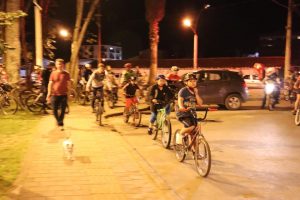
Bike at Night in La Ceja in celebration of World Bicycle Day in La Ceja. Image Courtesy of Alcaldia La Ceja.
Gravity bike is common throughout Colombia, particularly in regions like Antioquia where the natural mountainous terrain lends itself to steep slopes and high speeds. The term used for children who usually practice the sport in Medellín is descolgados or, sometimes, they’re said to be ‘going kamikaze’.
The gravity bikers usually hold on to buses or trucks as they wind up the the steep roads in the region until they are at an altitude high enough to descend from.
The children that practice the sport come from all walks of life though many are from poorer backgrounds. As a result, few do the sport with adequate protection and many also ride on bikes without brakes.
The Bogotá Post covered one such group of riders in Robledo last November speaking to them on their motivations for their sport and Medellin’s attempts at legitimising it. The children we spoke to often found themselves torn between their passion for the sport and the constant delegitimisation of it by the law. “We’re not doing nothing wrong,” Carlito, a gravity biker from Robledo, said. “This is called gravity bike and it comes from Indonesia….we’re waiting for the day we get paid for the sport.”
The ban in La Ceja is intended as a measure to reduce cycling accidents but it remains unclear whether the community of riders in the region will see the prohibition as a reason to stop doing what they love.
- The Kamikaze Kids of Robledo, Medellin. Photos by Jonathan Hernández/ESPACIO.

